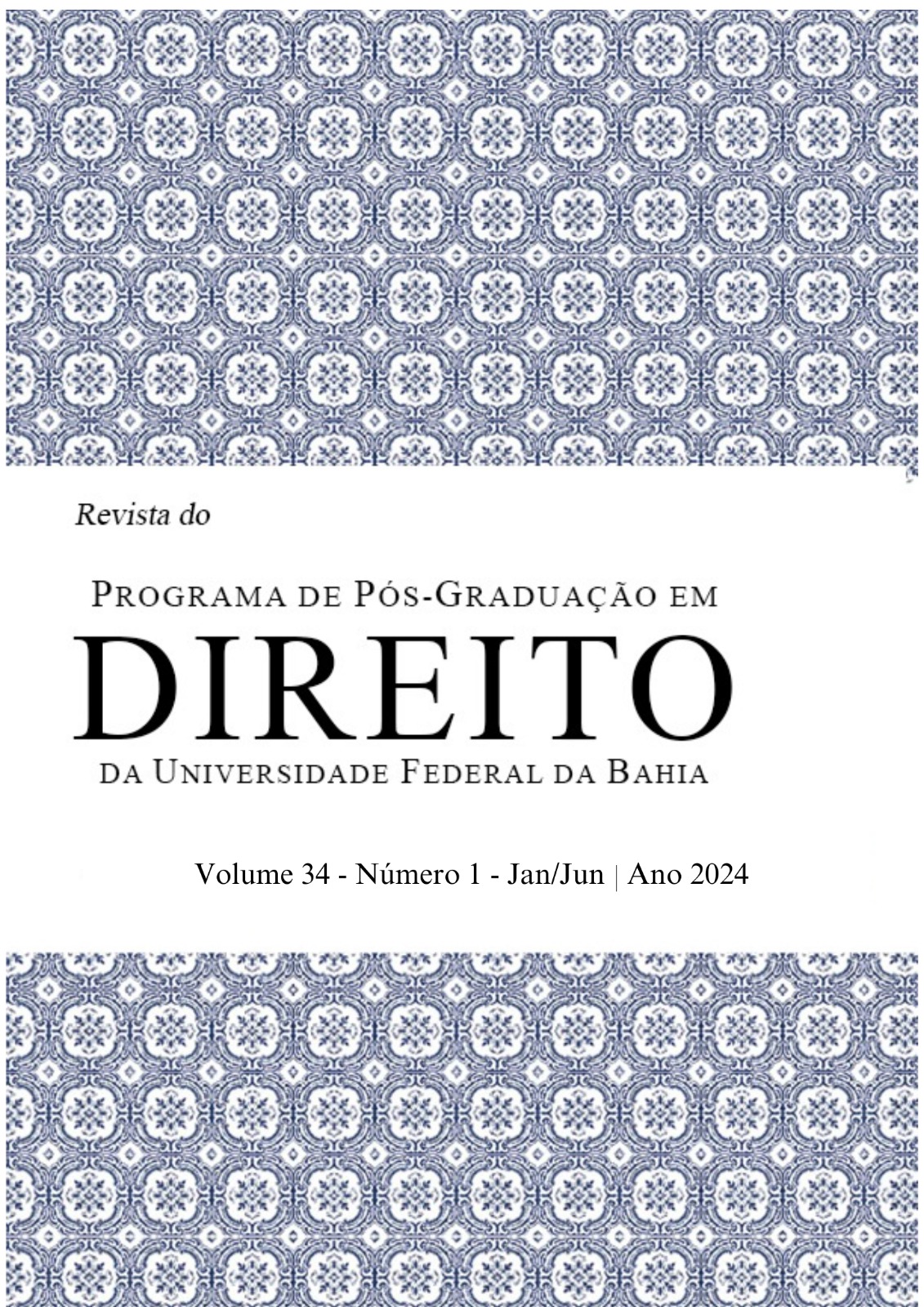QUEER THEORY AND THE RIGTH RECTIFICATION OF CIVIL REGISTRATION OF NON BINARY PERSONS
DOI:
https://doi.org/10.9771/rppgd.v34i0.58405Keywords:
Queer Theory; non-binary; personal identity; rectification registrationAbstract
The theme of this article is Queer theory and the right to rectify the civil registration of a non-binary person. Despite the recent changes regarding the name, due to Law 14.382/2022, the Public Records Law, in its article 54, 2º continues to provide for the need for information about the person's sex/gender, from a binary perspective – male or feminine. In addition to this designation, Queer theory encompasses a new look at concepts built for millennia around a binary of gender and sex. The aim is to discuss Queer theory and how it deconstructs the binary perspective, recognizing that, today, personal identities encompass a different reality from what the norm still predicts. This new reality – that of non-binary people – is already the subject of decisions in Brazilian courts, judging by the possibility of rectifying the registration certificate in line with the principle of human dignity and free exercise of personality. The objective is to analyze decisions of courts that accepted (or not) the rectification claim of non-binary people, defending the recognition of the rectification in the civil registry and advocating for the acceptance of such modification extrajudicially, in a notary's office. The hypothetical-deductive method was used, with research techniques and documentary analysis, basing the article on the (new) postulates of a theory that has already surpassed the walls of Sociology and Philosophy and offers legal support to non binary people.
Downloads
Downloads
Published
How to Cite
Issue
Section
License
Copyright (c) 2024 Revista do Programa de Pós-Graduação em Direito

This work is licensed under a Creative Commons Attribution-NonCommercial-NoDerivatives 4.0 International License.
1. Autores mantém os direitos autorais e concedem à revista o direito de primeira publicação, com o trabalho simultaneamente licenciado sob a Licença Creative Commons Atribuição 4.0 Internacional que permite o compartilhamentodo trabalho com reconhecimento da autoria e publicação inicial nesta revista.
2. Autores têm autorização para assumir contratos adicionais separadamente, para distribuição não-exclusiva da versão do trabalho publicada nesta revista (ex.: publicar em repositório institucional ou como capítulo de livro), com reconhecimento de autoria e publicação inicial nesta revista.
3. Autores têm permissão e são estimulados a publicar e distribuir seu trabalho online (ex.: em repositórios institucionais ou na sua página pessoal) a qualquer ponto antes ou durante o processo editorial, já que isso pode gerar alterações produtivas, bem como aumentar o impacto e a citação do trabalho publicado

